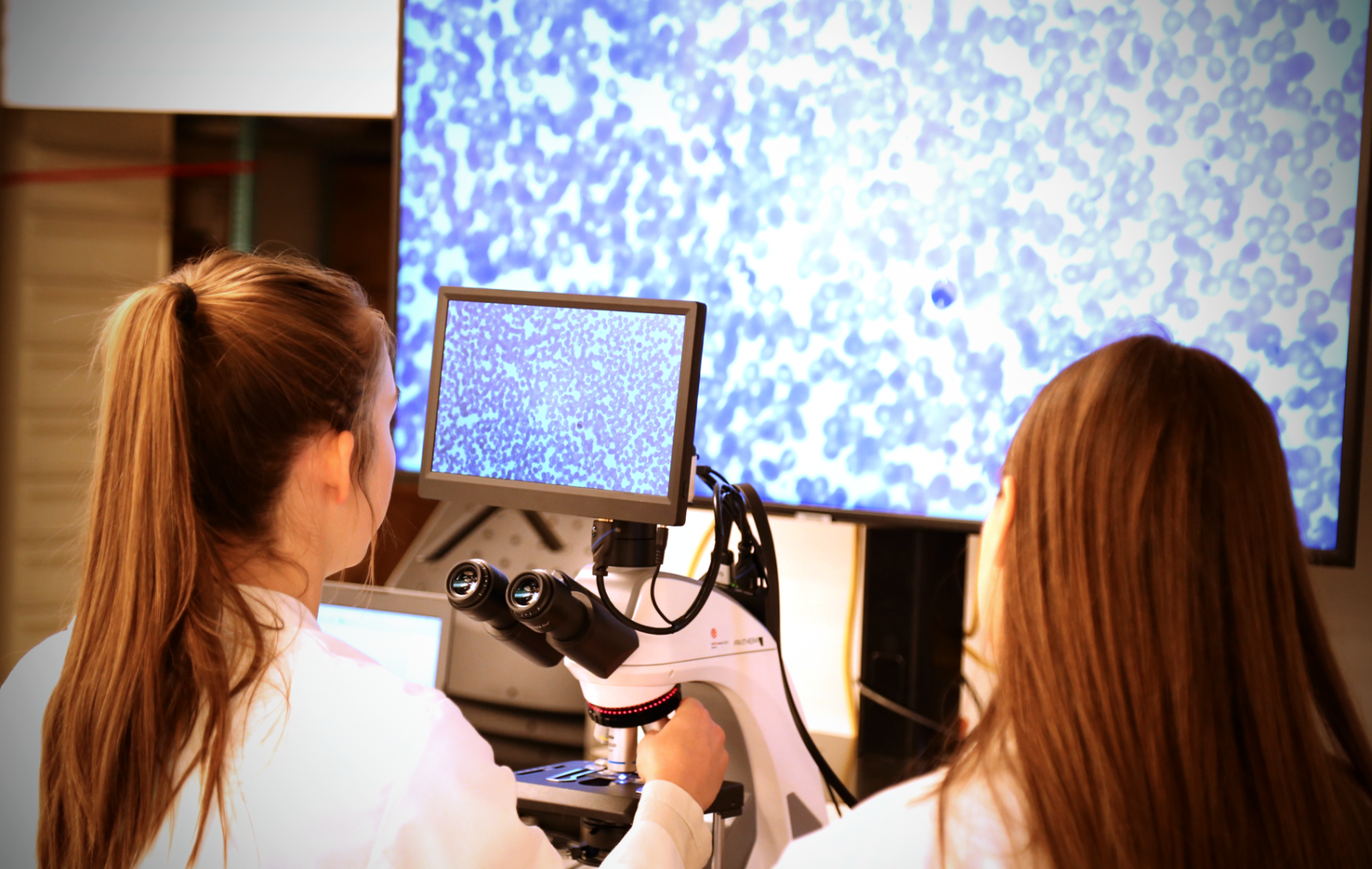
Learning Outcomes
Learning Outcomes:
1. Integrate underlying genetic and biochemical factors with resultant pathologic processes and disease states.
2. Contrast the roles of genetics and environmental factors in contributing to disease.
3. Relate the molecular basis of disease to diagnosis and therapy.
4. Acquire the necessary skills to critically evaluate scientific journal articles.
2. Contrast the roles of genetics and environmental factors in contributing to disease.
3. Relate the molecular basis of disease to diagnosis and therapy.
4. Acquire the necessary skills to critically evaluate scientific journal articles.

